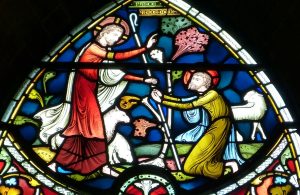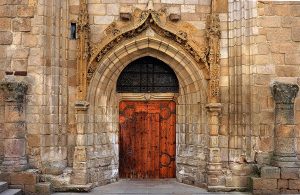Few countries or groups resisted ancient Roman rule successfully, but it was due largely to the overwhelming might of Rome's armies. Retaining their own cultures was a bonus, and many local administrators used this to help keep their populace from rebellion. When Rome finally chose Christianity as the state religion, religious freedom in conquered areas was still allowed, but this did not stop soldiers and their priests from spreading Christianity to other countries.
During the centuries the Roman Empire ruled, Christianity spread throughout much of Europe and parts of Africa and the Middle East. Catholic leaders, seeing this adoption as a boon, chose to move the seat of their religious administration to Rome. Vatican City is present in Rome today, and it controls Roman Catholics all over the world. Immensely successful, the church continues to seek converts all over the world. In its long history, it has also spawned many other Christian religious organizations when members disagreed with church practices.
The spread of Christianity is an interesting case in cultural transference. While conquered states were not forced to practice any religion favoured by Rome, this religion was eventually adopted by a wide variety of people. Its spread was based on many different factors, but chief among them was the ability of Rome to support their religious institution over a large geographical area. One other important factor was the appeasement of Roman leadership, and this helped convince many local administrators to ignore conversions and the building of Catholic churches throughout their lands.
Few people today would argue that the Roman Catholic Church is a local religion based on a single culture. It has spread across entire continents, especially in the Western Hemisphere. Christian churches abound in many communities from the top of Canada in North America to Tierra del Fuego in South America. Many of these people were European transplants, but they managed to overwhelm local religions and gain converts among native people.















